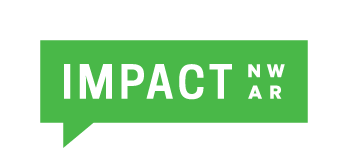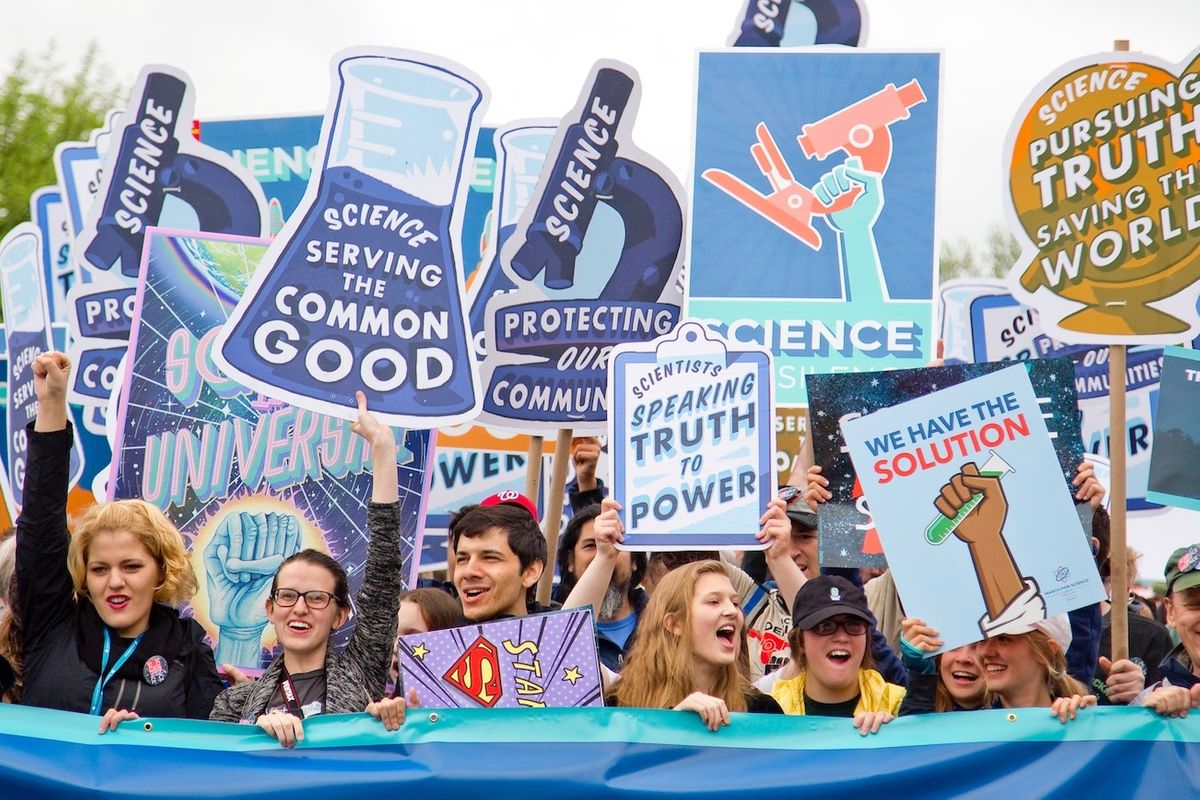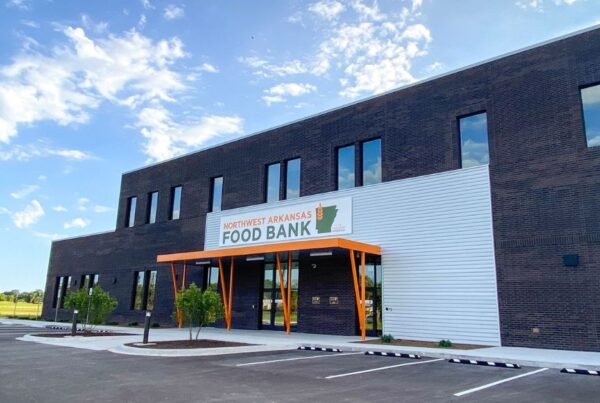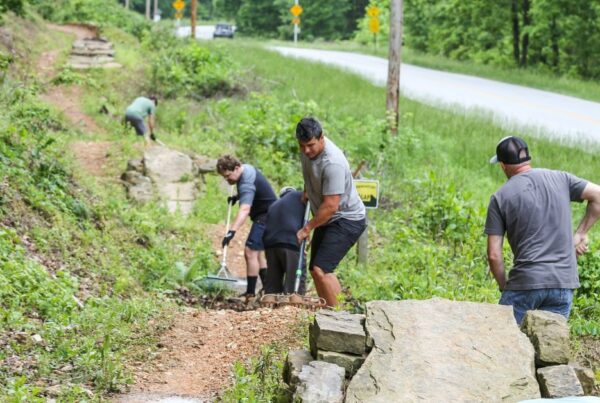Youth Guardians of Conservation NWA (YGCNWA) is on a mission to provide high school students with authentic, real-world, scientific leadership experience.
Occasionally, we get the honor of introducing new local organizations to our audience. Today, that organization is Youth Guardians of Conservation of Northwest Arkansas (YGCNWA). Co-founded by high school science teachers, Matthew Holden and Cameron Simpkins, YGCNWA is working to equip students throughout Northwest Arkansas with experiences that will allow them to become the next generation of conservation leaders. Their plans are pretty rad, learn more by checking out our Q&A below.
What inspired the creation of Youth Guardians of Conservation?
It emerged from our mutual passion for the environment and education. We noticed a lack of opportunities for local youth to get involved in authentic conservation research experiences and wanted to utilize the resources of Northwest Arkansas (universities, state and federal agencies, corporations, etc.) to provide new and unique opportunities for students to actively participate in research and conservation at the local, regional, and global level.
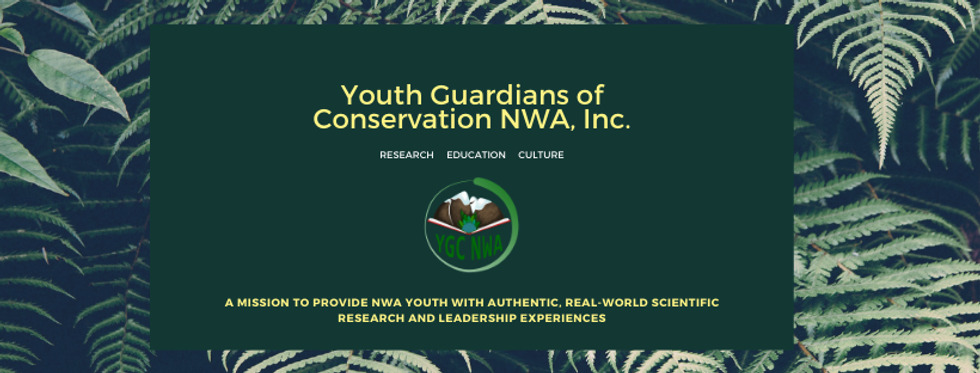
How did your personal journey’s lead you to this effort?
Cameron: Matt and I have a common passion for the environment and education. Matt interned for me as a student teacher for my AP Biology courses while he was pursuing his Master of Arts in Teaching. Prior to becoming an educator, Matt worked as a wildlife conservation biologist and saw the importance of conservation first hand. Having taught in multiple school districts in Arkansas, I have been exposed to varying attitudes toward environmental education and toward science research in general. It’s amazing how many young people (or not-so-young people) have not spent time in their own backyards! Curiosity can be a practice that is embedded in our daily lives. After completing my undergraduate degree, I realized the responsibility of an educator to facilitate the practice of curiosity. And when I took on Matt as a student teacher intern, I wanted to model that facilitation. What we found was that two things got in our way—funding and the four walls of the classroom. When we put our two environmentally-concerned heads together, YGCNWA was conceptualized. We want local youth to get involved in authentic, real-world research conservation experiences, to discover how conservation and science affect them personally and empower them to become the global conservation leaders of the future
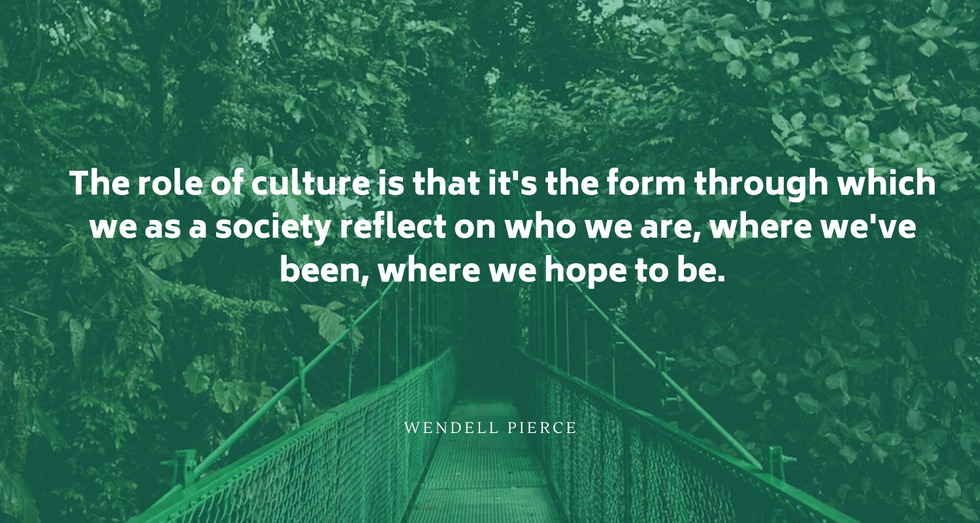
What are your primary goals?
- Foster global citizenship through meaningful and authentic cultural and scientific experiences for local youth
- Making these experiences as accessible as possible for all students and families
- Practice sustainable tourism by carefully selecting and monitoring the locations of our expeditions
- Support sustainability and conservation efforts in Northwest Arkansas
- Offer opportunities to build partnerships with local environmental supporters and create access to local environmental experts
- Educate our project participants about local and global environmental issues
- Provide students and families with opportunities for environmental stewardship
- Create environments where participants feel safe and comfortable
- Develop programs with purpose, focusing on enrichment and education at the core
- Raise awareness about how science research can affect policy, economics, local communities
- Engage in real science research experiences
What needs are you serving or gaps are you seeking to fill?
We hope to bring educational, cultural and research experiences to the students and families we serve. Specifically, we select actions that move ourselves and participants forward in a pattern of progression, from Education to Research to Culture. Through this model, we are looking to engage two core groups in the community:
Underrepresented Youth in the Sciences
We want to reach students who are traditionally underrepresented in the sciences (women, African Americans, Latinx) because many of these students do not ever consider the possibility that they could become scientists or conservationists. Often, because they are not exposed to people that look like themselves in these occupations. We want to provide these students with opportunities to work with scientists and professors that they can relate to, and thus increase the likelihood of them being inspired to continue in science research.
Rural Youth in the Sciences
We want to reach as many students as we can regardless of location, however, many students in rural areas may have never left the state or had a chance to participate in authentic science research. We want to provide opportunities for these students, especially if they have never considered becoming a scientist or conservationist.
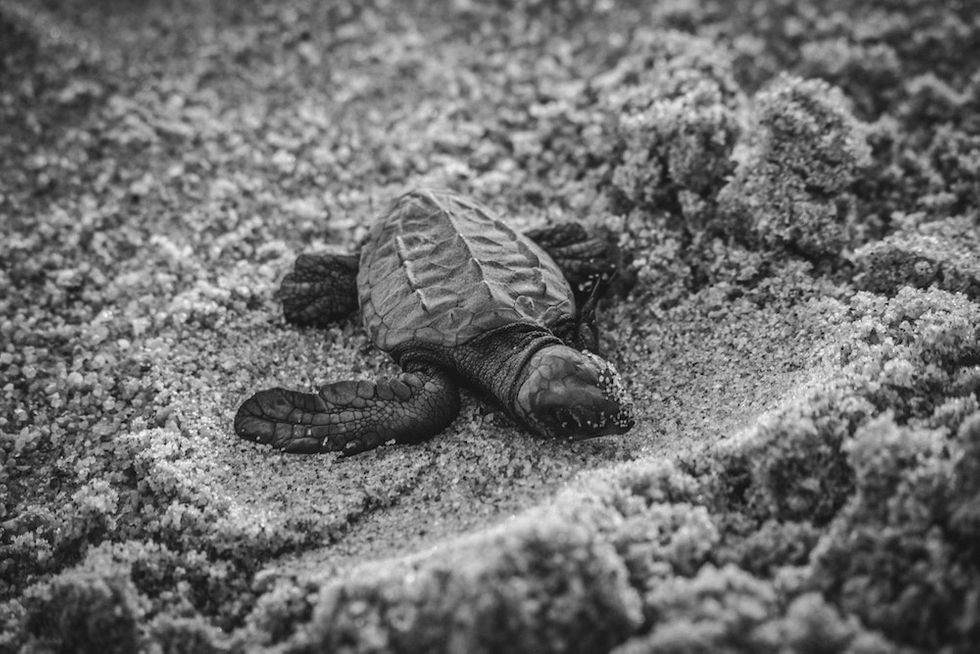
What experiences are you hoping to deliver?
High impact science experiences. These could include field trips to labs or field stations to work with real-world scientists and experience the research first hand, international trips to conduct conservation research while learning about a new culture, in-class presentations or demonstration labs conducted by scientists, professors, and graduate students.
It is our hope that these experiences will create “hook moments” or “aha moments” where students feel inspired to become future conservation leaders.
As an example, in June of 2020 we will be taking a group of 21 students down to Costa Rica to work with the Holbrook Travel and the Latin American Sea Turtle Organization. Leatherback sea turtles are an endangered reptile with a 100-million-year history! Students that participate in this experience will work side-by-side with researchers to collect data on leatherbacks and help protect their nests. Matt was recently awarded the EPI’s Costa Rica Sea Turtle Ecology Teacher Fellowship. There are less than 100 educators around the globe selected annually for this fellowship.
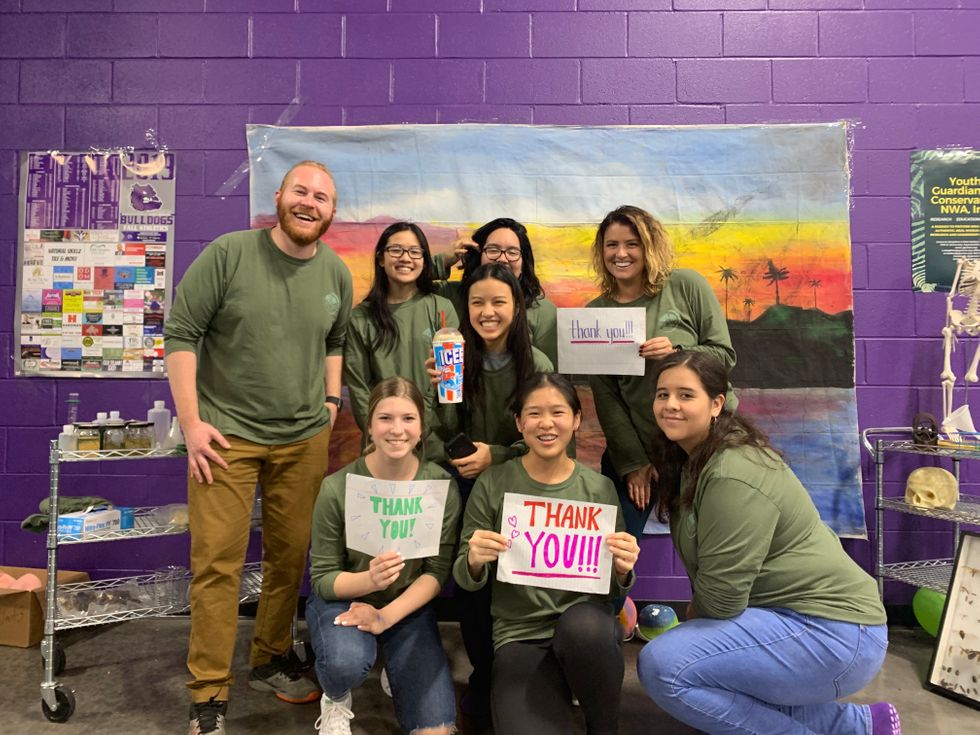
How can the local community get involved, support these efforts, and learn more?
We are actively partnering with a number of local businesses on upcoming fundraising events, which will be posted on Facebook.
Direct charitable contributions would go a long way toward helping provide scholarships for youth to participate in our regional and international experiences as well as help us secure research materials (pipettes, beakers, test tubes, reagents, incubators, etc.) and field supplies (nets, quadrats, transmitters, environmental quality probes, etc.) for youth-led research projects.
Lastly, we are always seeking collaborations with partners: University of Arkansas and NWACC professors, local research lab, undergrad and graduate students, and local like-minded organizations.
Any parting words?
As we often remind students, you could know all there is to know about cancer and never cure it. Then you could use all that education, engineer a cure and test it via ethical valid research, and that still would not be enough. The key to positive change is when the research reaches society, in the constant back-and-forth of the conversation between culture and science.
We aim to motivate students to integrate environmental stewardship into their lives at home, in the community, and across any path they may travel. Join us!
You can learn more about YGCNWA at www.ygcnwa.org. Follow them on Facebook HERE and Instagram HERE.
